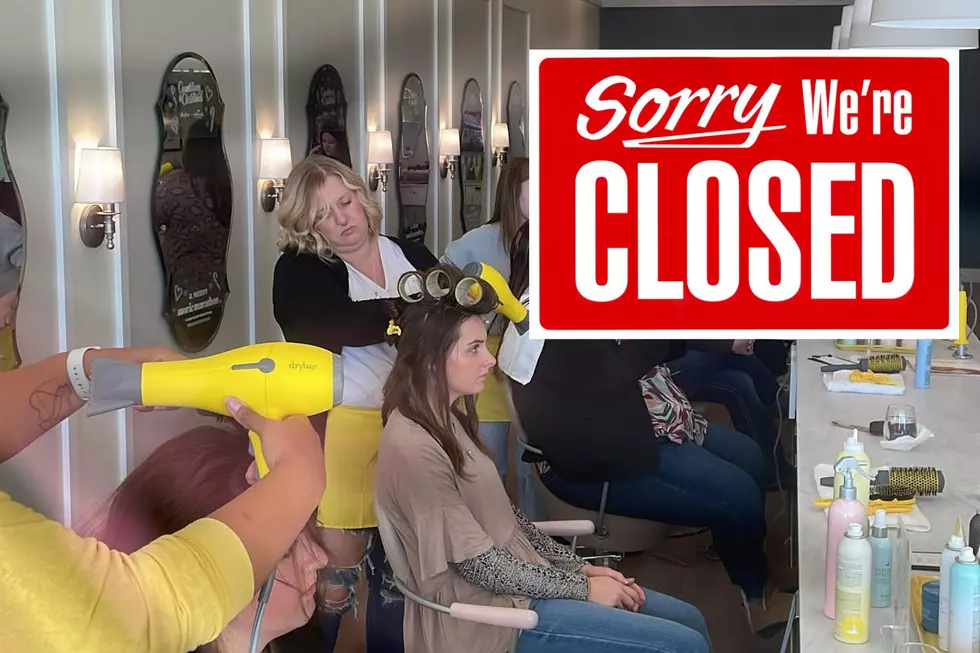
Kristi Noem Explains Debt Ceiling Vote
After last week's vote to re-open the federal government, Kristi Noem was pilloried by her opponents for voting against the measure. Her initial statement was to express her dissatisfaction with the bill. What follows is a letter from Noem that further details what she felt when deciding how to proceed.
On October 16, Congress approved – and President Obama signed into law – legislation to end the partial government shutdown and increase our nation’s borrowing limit, known as the “debt ceiling.” I voted against this bill and would like to take this opportunity to explain why.
Make no mistake, getting the government funded again and stopping any talk of potential default on our debt was a good thing. I didn’t favor shutting down the government and am glad it is reopened. For me, this vote was not simply about whether to reopen the government; rather, it was about what kind of government we should have. Do we want a government that lives within its means? Or do we want a government that spends much more than it takes in, leaving a crushing amount of debt for future generations? I voted “no” because I believe our spending problems are unsustainable and because the bill that was ultimately signed into law missed a real opportunity to fix the problems that have led us to a $17 trillion national debt.
One of the most pressing challenges facing our nation is our growing debt. Concern over our fiscal future is one of the reasons I oppose President Obama’s trillion-dollar health care law, commonly referred to as Obamacare. In fact, concerns about Obamacare – including the unfair way it has been implemented – helped lead to the standoff that partially shut down the government on October 1.
To be clear, the government shutdown was not the outcome I hoped for, though I do stand by my desire to see South Dakotans get the same treatment under Obamacare that the president has offered to corporations and large businesses. During the period the government was partially shut down, I remained hopeful that both parties would come together and negotiate on the issue of providing fairness under Obamacare. In the absence of those negotiations, the House began passing numerous bills to reopen basic, noncontroversial parts of the federal government. Those bills were unfortunately never considered in the Senate.
On October 10, I was part of a small group of Republicans that went to the White House in an effort to negotiate a way forward with President Obama. By that time, it was clear that the issue of government funding was going to be merged with the issue of raising the debt ceiling. At that meeting, the president was offered a temporary increase in the debt ceiling along with a way to reopen the government as long as both sides entered real, meaningful negotiations on reforming some of the programs that are the real drivers of our fiscal problems. The president did not accept our offer and began working with Senate Majority Leader Harry Reid on a deal to reopen the government and increase the debt ceiling, which formed the foundation for the bill that I ultimately could not support.
The process that I went through prior to casting my vote was neither simple nor easy. I supported reopening the government and wanted to see that happen as quickly as possible. While there were some positive aspects to the bill, it also included things that troubled me, including a $2.1 billion funding boost for an Ohio River dam and a one-time “death gratuity” payment of $174,000 to the widow of a millionaire lawmaker that passed away earlier this year. However, at the end of the day it all came back to one thing for me: our $17 trillion debt. While reopening the government was important to me, so too was pushing for a government that stops spending more money than it takes in.
Congress and recent presidents from both political parties, including President Obama, have a long history of tying reforms to an increase in the debt ceiling. Unfortunately, we missed an opportunity to do so with this bill. With our national debt at $17 trillion and growing, I could not support the bill because it increased our debt ceiling without doing anything to address our country’s structural spending problem.
I believe there is a better path. Members of Congress from both parties must work with President Obama on common sense reforms that we can all agree on. These reforms could include things like fixing our broken tax code by eliminating loopholes and making incremental reforms to entitlement programs that are the real drivers of our spending so they can better serve current and future beneficiaries.
Despite this recent episode, I still believe divided government can work to better serve the American people and I am committed to trying to make that happen.
More From KXRB








